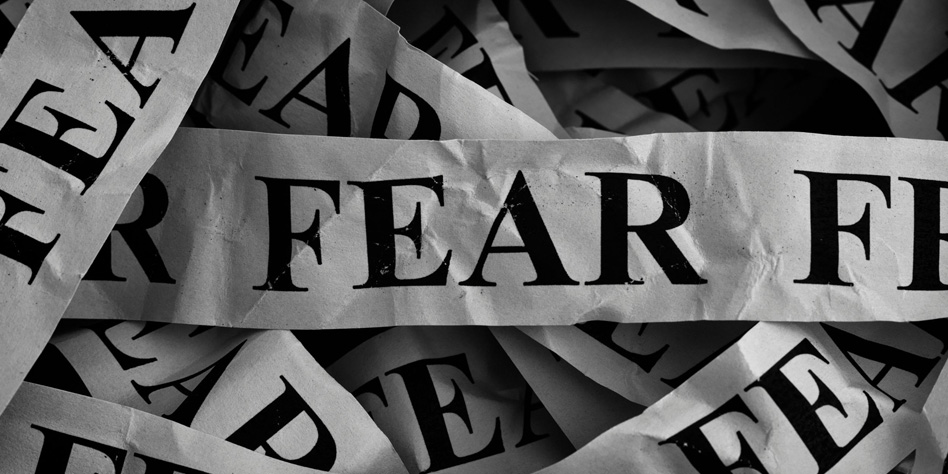
Fear, uncertainty, and doubt (FUD) has unquestionably been around the cryptocurrency space; more so for Monero. As the oldest and top privacy crypto token, Monero has been the subject of unfair allegations. Even the IRS has jumped into the fray and issued a $625,000 bounty to anyone who can successfully trace Monero and other privacy coins. Here are some of the most common Monero FUD and this article will show facts that can help drive out fear, uncertainty, and doubt.
Only criminals use Monero
Monero and other cryptocurrencies are certainly for crime. However, cash is still preferred by criminals as evidenced in a study made by Simon Butler for Royal Holloway, University of London. While it is true that Monero is become popular among cybercriminals, it will be unfair to conclude that ALL users of XMR are criminals. The privacy the Monero provides is just as attractive to individuals who greatly value privacy especially in this age when sophisticated hacks can easily get private and financial information. The fact is in 2020, the criminal share of all cryptocurrency activity dropped to 0.34% from a high of 2.1% in 2019.
No adoption
Monero is gaining more acceptance among merchants in the standard economy. XMR is one of the widely supported cryptocurrencies despite having no venture capitalist investors, no marketing team, and no centralized authority running it. There are now over 1,200 merchants that accept Monero payments.
Monero will eventually be delisted by centralized exchanges or banned by governments
In a doubtful scenario that all centralized exchanges will delist Monero and other privacy coins, decentralized exchanges will continue to offer them.
Generally, most governments recognize individual privacy as a right and even provide privacy-related legal protection to people. Even business entities are entitled to privacy in the name of fair competition and to avoid market manipulation. It is unlikely that regulators will overstep boundaries especially when its economy will be at stake.
The Monero community is also working on on/off-ramps that can make Monero accessible to everyone around the world without disclosing private information or putting privacy and data at risk.
Outlook for Monero
Despite these FUD, Monero continue to have an increasing number of loyal users because of the privacy it guarantees. Privacy is a basic human right and in an ever-growing digital world, it’s becoming more difficult to protect oneself. In a Forbes article, Hailey Lennon recommends that “Industry groups and companies must continue to engage with regulators to discuss privacy coins, eliminate misconceptions, and responsibly articulate the value of financial privacy. It allows the industry to show regulators that privacy coins are not as detrimental to AML (anti-money laundering) efforts as perceived and also explain how regulators can oversee in the space while still allowing for innovation.”
Here are some things you can do to protect your privacy as you dive into crypto.
• Use decentralized exchanges as most centralized exchanges use KYC (know your customer) to comply with regulations and frequently require identification.
• Use a VPN to mask your IP address. Without a VPN, the government or enterprise can locate your physical address through your IP address. Once an entity does this, they have knowledge of who you are, where you live, and all your personal and financial transactions.
• Limit your crypto purchases online to companies or entities that don’t need to know your name and address.
• Use two-factor authentication (2FA) on all your online accounts especially those related to your finances.
• Limit the personal information you share on social media.
• Consider using a different e-mail address for all your crypto transactions from your personal one.
• Use privacy coins such as Monero for transactions. Monero transactions are untraceable and the identities of both senders and receivers are kept anonymous.
• Use a secure and privacy-centric wallet to store your crypto tokens. Use XMRWallet, an open-source free Monero wallet that allows you to send and receive XMR instantly while remaining in complete control of your coins and keys.
